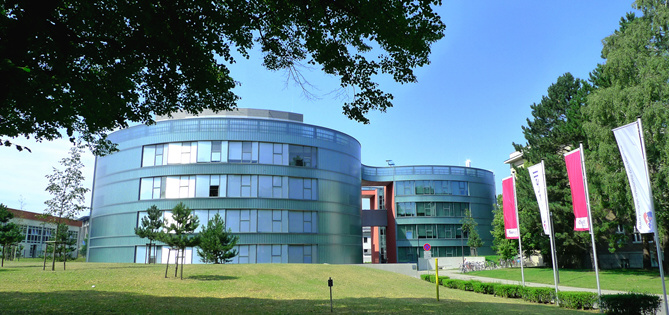Virology. 1999 Apr 25;257(1):7-14.
Sites of simian foamy virus persistence in naturally infected African green monkeys: latent provirus is ubiquitous, whereas viral replication is restricted to the oral mucosa.
Falcone V, Leupold J, Clotten J, Urbanyi E, Herchenröder O, Spatz W, Volk B, Böhm N, Toniolo A, Neumann-Haefelin D, Schweizer M.
Foamy viruses (FV), retroviruses of the genus Spumavirus, are able to infect a wide variety of animal species and replicate in nearly all types of cultured cells. To identify the cells targeted by FV in the natural host and define the sites of viral replication, multiple organs of four African green monkeys naturally infected with simian FV type 3 were investigated for the presence of FV proviral DNA and viral transcripts. All organs contained significant amounts of FV proviral DNA. In addition to proviruses containing the complete transactivator gene taf, proviral genomes carrying a specific 295-bp deletion in the taf gene were detected in all monkeys. As in the case of human foamy virus the deletion leads to the formation of the bet gene that is regarded to be instrumental in the regulation of viral persistence. FV RNA was detected by RT-PCR and in situ hybridization only in the oral mucosa of one monkey. No other samples contained detectable levels of viral transcripts. Histopathological changes were not observed in any of the tissue samples analyzed. Our results show that the natural history of FV is characterized by latent infection in all organs of the host and by minimal levels of harmless viral replication in the oral mucosa. The broad host cell range in vivo further encourages the development of FV-derived vectors for therapeutic gene delivery.
Previous Post
Repression of the human immunodeficiency virus type 1 promoter by the human KRAB domain results in inhibition of virus production.
Next Post
A multi-protein complex consisting of the cellular coactivator p300, AP-1/ATF as well as NF-kB is responsible for the activation of the mouse major histocompatibility class I (H-2Kb) enhancer A.

Contact
Institute of Experimental Gene Therapy and Cancer Research
Core-Facility Viral Vector & Genome-Editing Technologies
Biomedical Research Center
Schillingallee 69
D-18057 Rostock
Office
Ingrid Winkler
(+49) 381 494-5066(+49) 381 494-5062
ingrid.winkler@med.uni-rostock.de
Department Life, Light & Matter
Research Building LL&M
Albert-Einstein-Str. 25
D-18059 Rostock
Research Building LL&M
Albert-Einstein-Str. 25
D-18059 Rostock




